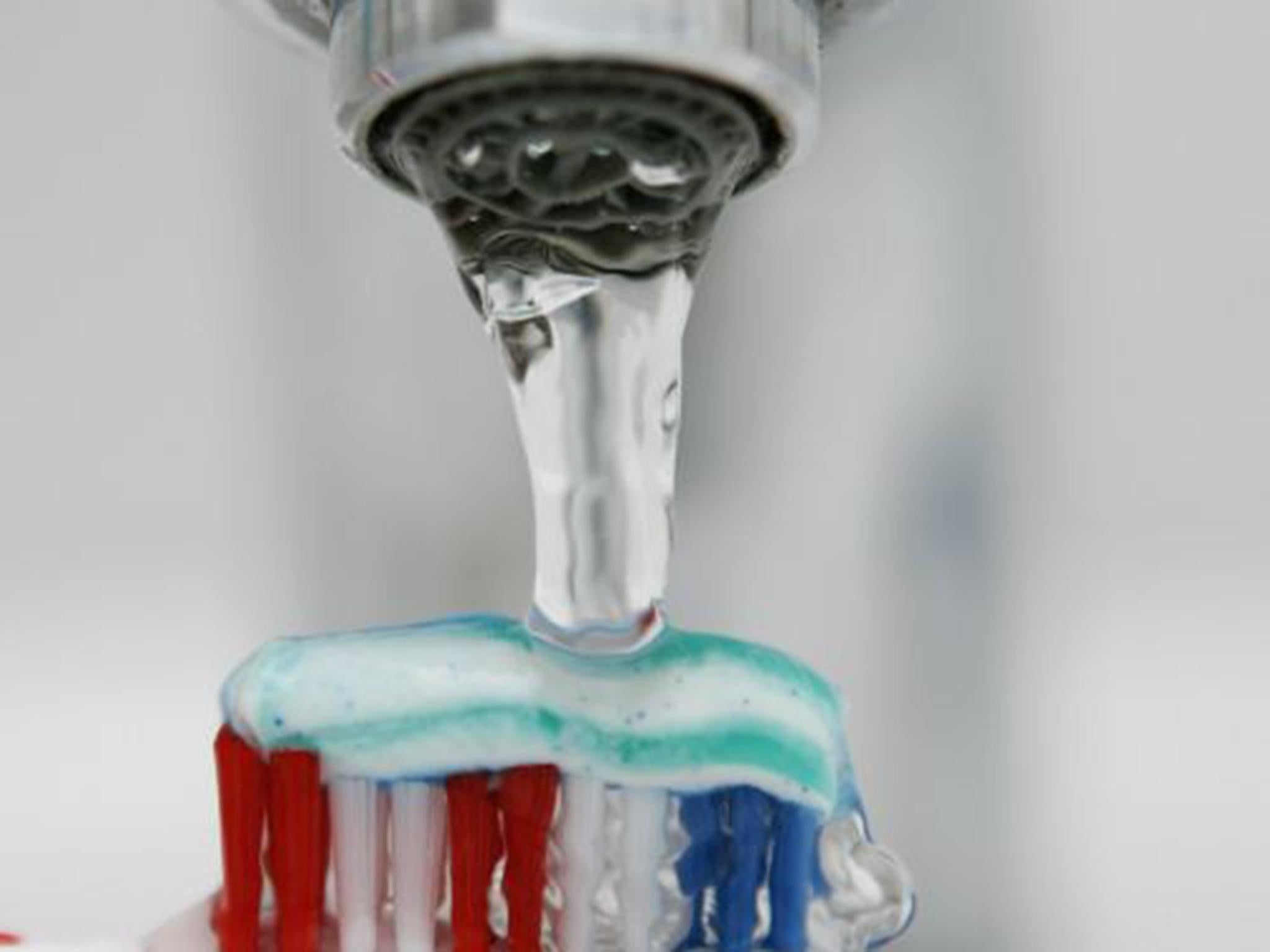Your support helps us to tell the story
From reproductive rights to climate change to Big Tech, The Independent is on the ground when the story is developing. Whether it's investigating the financials of Elon Musk's pro-Trump PAC or producing our latest documentary, 'The A Word', which shines a light on the American women fighting for reproductive rights, we know how important it is to parse out the facts from the messaging.
At such a critical moment in US history, we need reporters on the ground. Your donation allows us to keep sending journalists to speak to both sides of the story.
The Independent is trusted by Americans across the entire political spectrum. And unlike many other quality news outlets, we choose not to lock Americans out of our reporting and analysis with paywalls. We believe quality journalism should be available to everyone, paid for by those who can afford it.
Your support makes all the difference.The British government will move to ban harmful plastic “microbeads” from cosmetics products, ministers have announced.
The Government previously rejected the idea of banning the water pollutant and said it favoured a voluntary approach of negotiating with industry over any changes.
An environment minister has now said they will bring Britain in line with other countries such as the US and Sweden and impose a ban.
Microbeads are solid plastic balls less than 5mm wide. They are found in some toothpastes, body scrubs and other cosmetics and give products a “speckled” appearance.
The beads serve an aesthetic purpose but some manufacturers also claim they can help with exfoliation or cleaning.
The solid plastic particles however do not biodegrade and so can cause environmental damage when washed down the drain.
The beads are not filtered out by water treatment plans and it has been suggested that they can carry toxins once they themselves become contaminated.
Aquatic creatures have also been known to mistake the particles for food.
In December last year Green Party leader Natalie Bennett told the Independent that the Government should follow the US example and move to legislation.
George Eustice, a minister at the Department for Environment, Food, and Rural Affairs, announced the change of policy at the House of Commons Environmental Audit Committee this week.
“I think what has happened in the US has changed the dynamics of this, and we do think it's right now for us to say, well let's progress and proceed with a ban instead,” he said.
Some manufacturers have voluntarily removed microbeads from their products after consumer campaigners but they remain in others.
Colgate-Palmolive, the makers of Colgate toothpaste, Sanex sanitary products and Palmolive soap has said it would be voluntarily removing the balls from its toothpastes after criticism.

Join our commenting forum
Join thought-provoking conversations, follow other Independent readers and see their replies
Comments